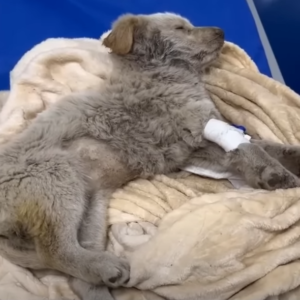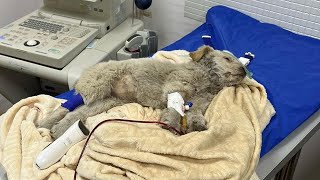
Marisa, a 2-month-old puppy, was found in a cemetery, lying helpless and convulsing. Despite her critical condition, she was taken away while she was struggling. The girl was in a terrible state and in need of an urgent transfusion. She was immediately rushed to a clinic where she remained under round-the-clock supervision and treatment. Her age was only 2 months, and her weight was just 3 kg.
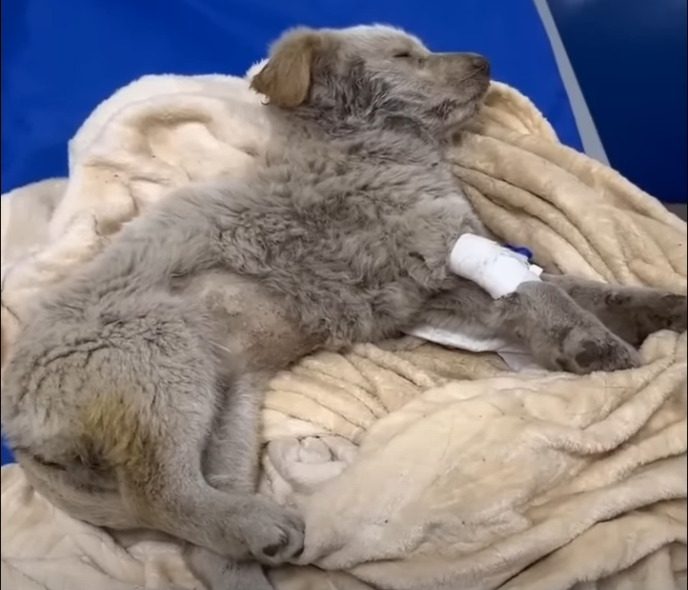
Marisa was born in a cemetery, and she was not the first dog rescued from there. She was placed in a box with oxygen, receiving a drip, and all the necessary drugs to help stabilize her condition. The pressure and temperature were constantly monitored. The doctors speculated that she was suffering from a helminthic invasion, which could be fatal for her. They administered drugs to remove the toxins from her body and planned to take a blood sample and repeat an ultrasound of her abdominal cavity.
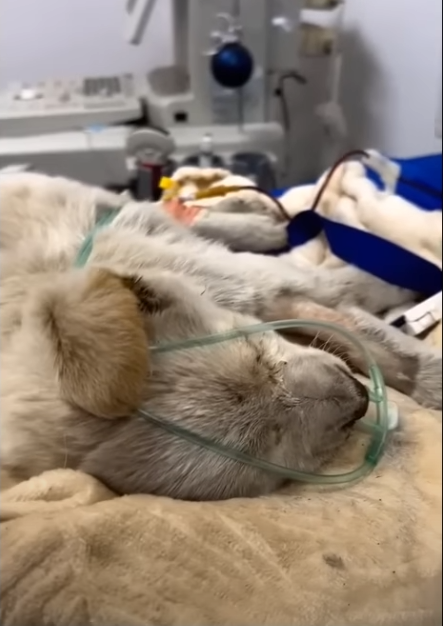
Despite the treatments, Marisa’s condition did not improve. She continued to have shortness of breath and showed no signs of recovery. The doctors had to conduct a transfusion, which had risks. However, they had no other choice if they wanted to save her life. The transfusion seemed to be effective, and Marisa’s indicators were slightly raised. However, her temperature rose to 40.5, and shortness of breath began. The doctors suspected poisoning and continued with the treatment.
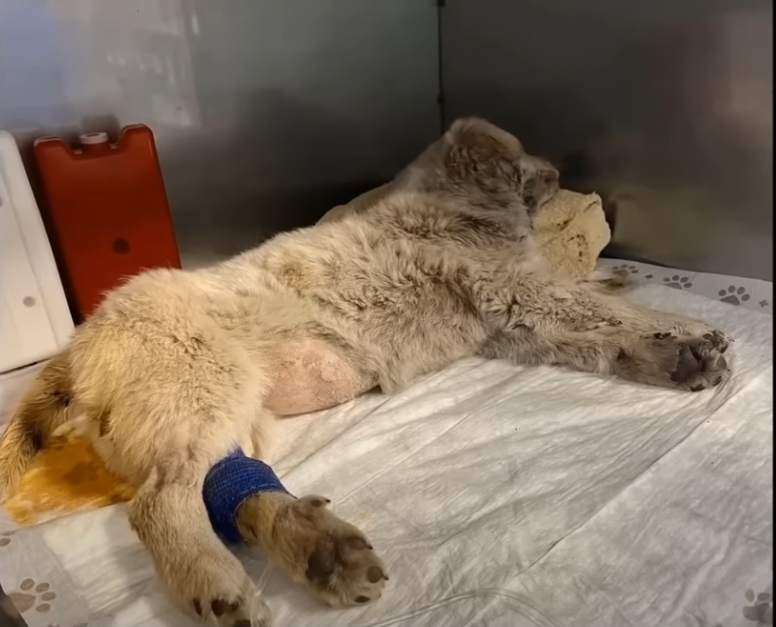
Marisa’s condition deteriorated, and her organs began to fail. The doctors took a blood sample from her and planned to use donor blood to help her fight the illness. They were cautious because in the past, some puppies had allergic reactions and swelling after transfusions. Marisa was given the blood, and her body started to respond positively. However, peristalsis did not begin, and her own blood was not produced, which was a bad sign.
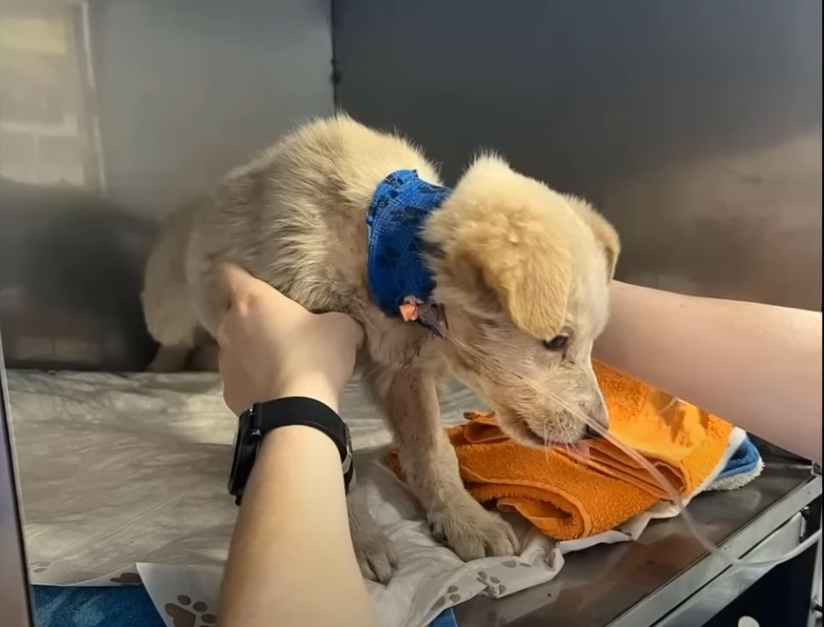
Despite the odds, Marisa continued to fight for her life. She received multiple treatments, and the doctors did all they could to help her recover. Marisa’s condition was closely monitored, and she was force-fed to keep her strength up. She had a 50/50 chance of survival, and her body needed to start producing its own blood to survive. After more than a week of treatments, the little girl was stable and could eat well. Everyone was relieved and continued to support her in the hopes that she would pull through.
